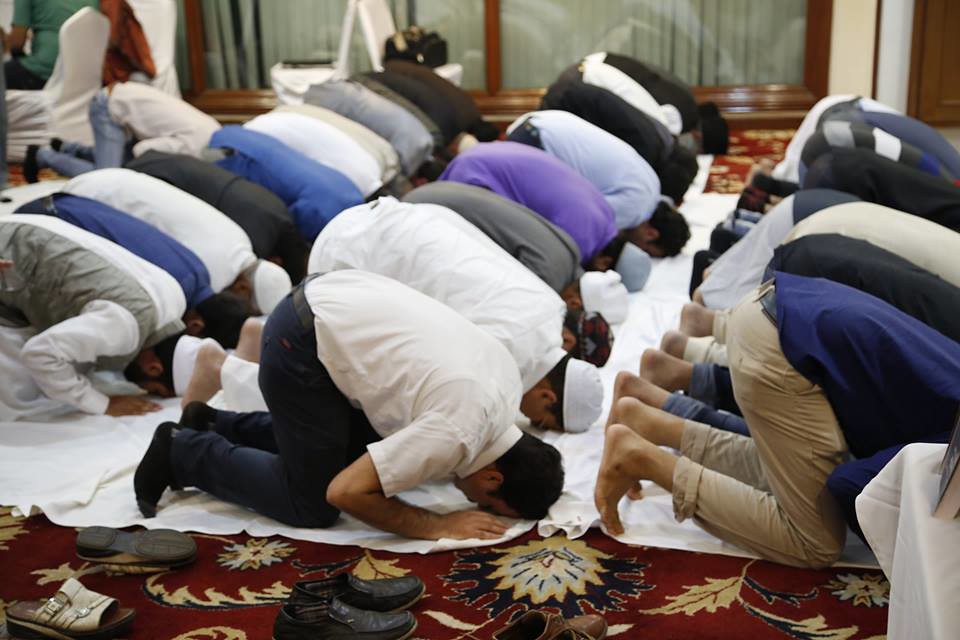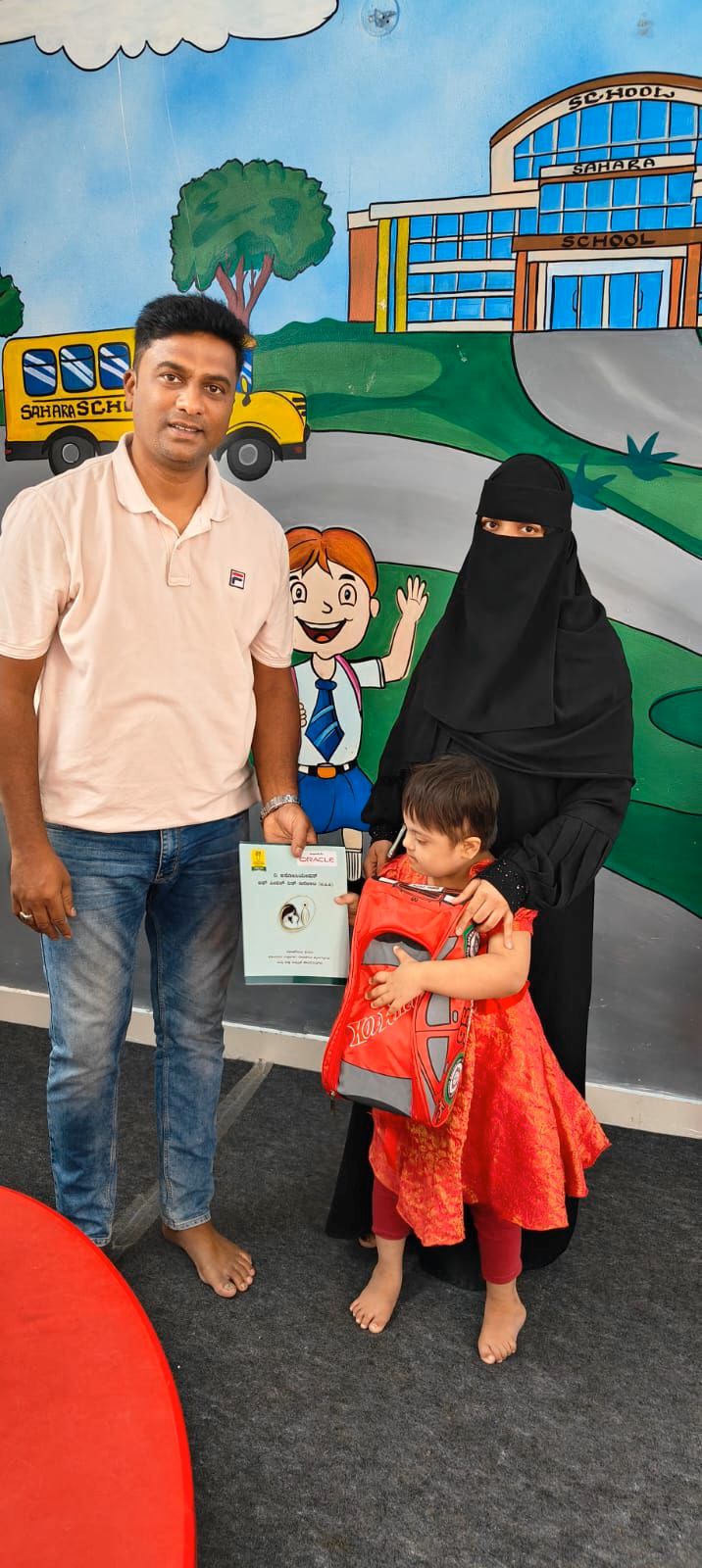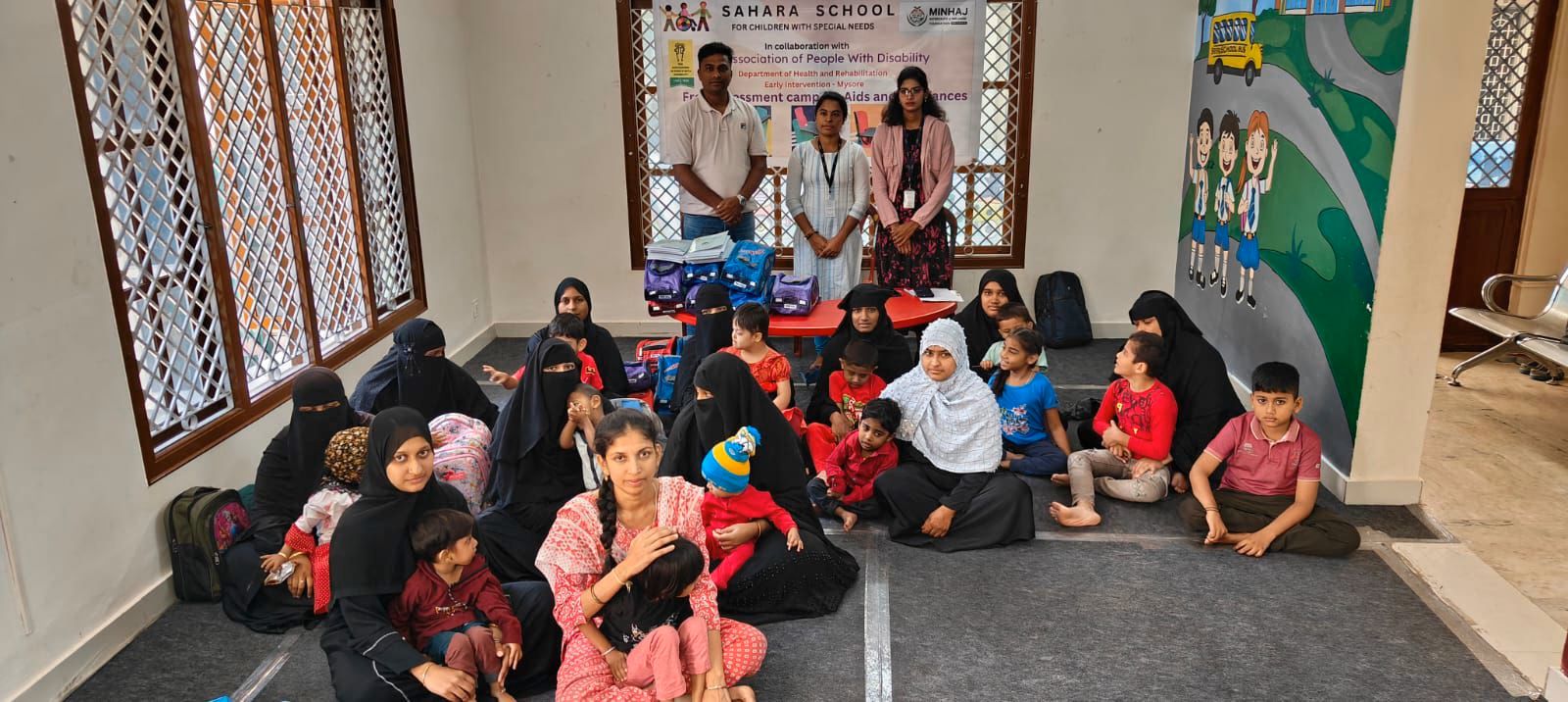16th July 2015, Mumbai
An Interfaith Iftar and Prayer Meet held on July 16th was a significant event, demonstrating the power of unity among diverse faiths. Hosted jointly by Minhaj ul Quran, Observer Research Foundation, and indialogue Foundation, the gathering brought together dignitaries representing Muslim, Hindu, Christian, Buddhist, Jain, Parsi faiths, as well as intellectuals and professionals.
Rafeeq Ahmed Khan, President of Minhaj ul Quran, introduced the recently launched Anti-Terror Curriculum authored by Dr. Muhammad Tahir ul Qadri. This curriculum holds great promise in addressing the issue of terrorism through education and awareness. Sudheendra Kulkarni, representing Observer Research Foundation, emphasized the importance of interfaith events in fostering harmony and collaboration among communities. He envisioned a path towards peace and cooperation among SAARC nations.
Oswald Cardinal Gracias acknowledged the significance of fasting as a time for reflection. He highlighted the Quran's emphasis on justice as a pivotal factor in establishing peace within society. Maulana Athar Ali called for greater involvement of scholars from the Muslim community in interfaith initiatives, recognizing the need for dialogue and cooperation among diverse religious groups.
Dr. Zahir Kazi, President of Anjuman e Islam, pointed out that Islam strictly forbids the killing of innocent civilians, even in times of war. He highlighted the commonalities between Islamic guidelines for warfare and those outlined in the Geneva Convention, emphasizing the importance of adhering to principles that protect human life.
Dr. Yaqub, representing indialogue Foundation, shared their mission to create an environment that fosters connections among individuals from diverse backgrounds. He quoted Turkish scholar Fethullah Gulen, who stressed that interfaith dialogue is not a luxury but a necessity in today's world. Dr. Yaqub underscored the urgent need for a global strategy to bring peace to society.
In essence, this Interfaith Iftar and Prayer Meet was a powerful testament to the importance of dialogue, understanding, and collaboration among faiths in fostering peace and harmony in our interconnected world. It serves as a beacon of hope, illuminating the path toward a more peaceful and inclusive future for all of humanity.
Explore more
Qurbani Report 2025
Qurbani Report 2025
This Eid, your unwavering support turned compassion into action. Through Minhaj Interfaith & Welfare Foundation’s (MIWF) Qurbani Helpfeed 2025.
Sensory Kits for Sepcially Abled
Sensory Kits for Sepcially Abled
On September 18, 2024, a total of 22 children at the Sahara School for Children with Special Needs received free sensory kits, each valued at ….
Humanitarian Aid for Kutch Floods
Humanitarian Aid for Kutch Floods
On August 29, 2024, the Kutch region experienced severe rainfall, leading to significant flooding in various areas. The heavy downpour resulted in..
Qurbani Report 2024
Qurbani Report 2024
Almighty Allah says in the Holy Qur’an: “It is neither the meat 🥩 (of slaughtered animals) 🐑nor their blood that reaches Allah at all, but it…














